If you do not know about Parallax's Propeller, you can get the info here: https://www.parallax.com/product/p8x32a-d40
Key Features from the Website:
- Multicore processing simplifies designs subject to asynchronous requirements
- DIP package for easy prototyping with a breadboard
- Built-in Spin language is easy to learn
- PropGCC support provides a familiar feel for C/C++ programmers
- Propeller Assembly language supports deterministic timing using single-path, multi-decision techniques
- Internal or external clock sources provide flexible speed options
This page explains how am I going to get the SD-Card and the Propeller to work. Searching around the net, the drivers for the SD-Card looks quite old and sparse, and the challenge is to get these to work.

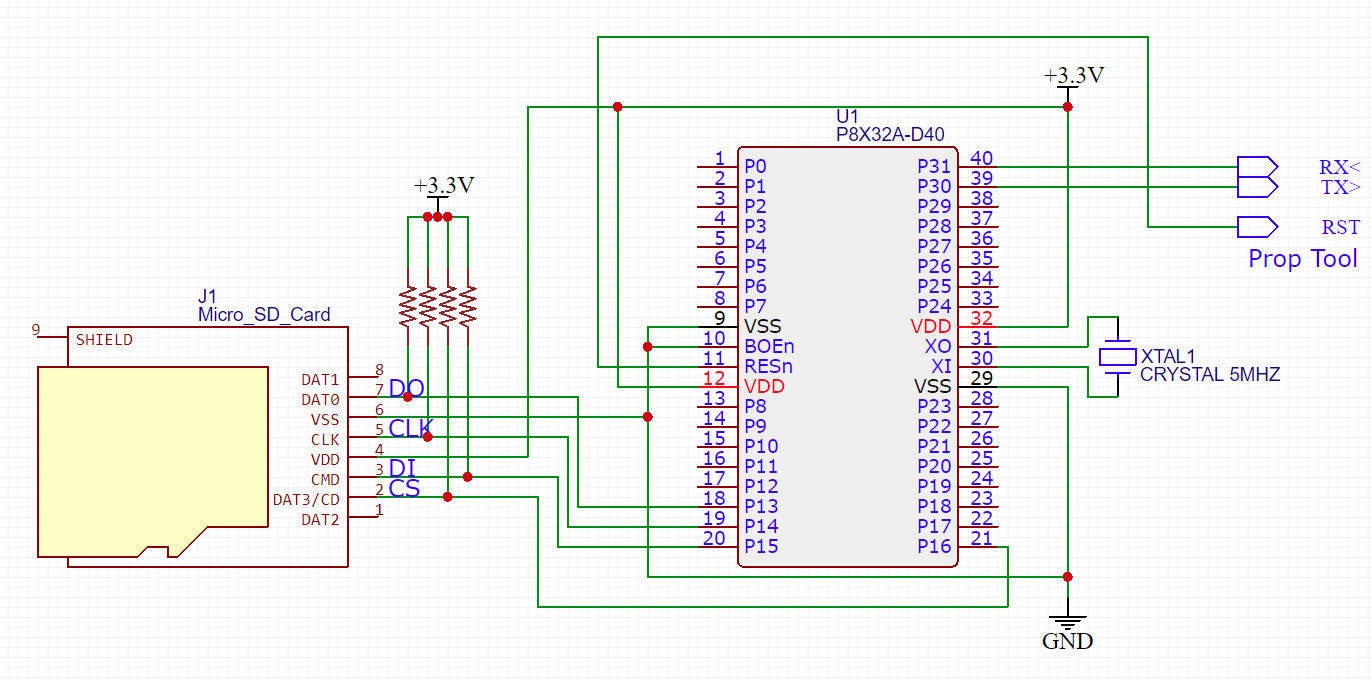
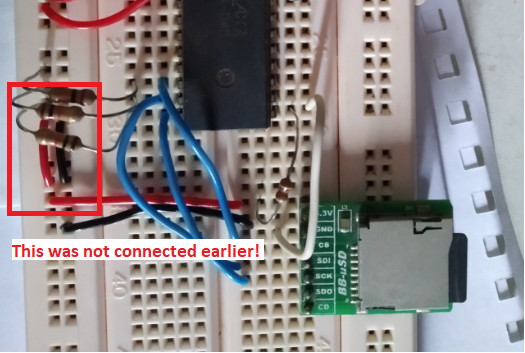
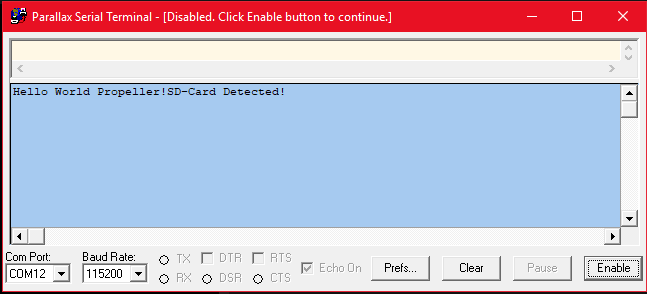

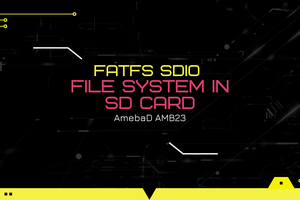
 Splendide_Mendax
Splendide_Mendax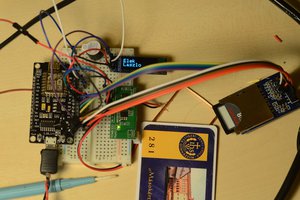
 borazslo
borazslo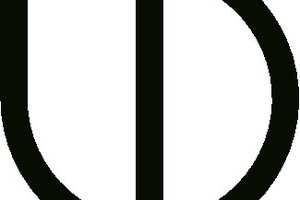
 Antti Lukats
Antti Lukats
 Shahriar Alam
Shahriar Alam
Just noticed the full pic. Pin 29 MUST be connected to GND. Otherwise the PLL is likely to blow!!!